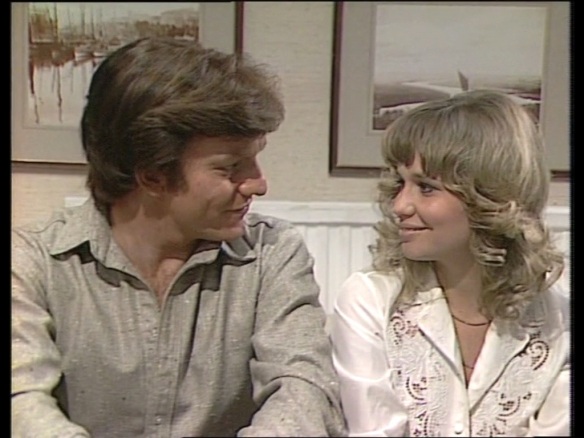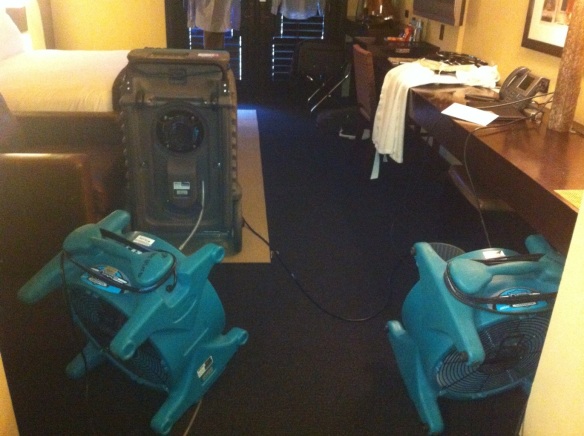
Above: Vic Brown (Clive Wood) and Donna Pennyman (Susan Penhaligon) in A Kind of Loving
Spring 1982 was an unforgettable time. Britain was at war with Argentina. I was sitting my A levels. And ITV made Sunday night viewing unmissable with a magnificent adaption of Stan Barstow’s Vic Brown trilogy.
A Kind of Loving was a famous example of kitchen sink drama from the early 1960s. It told the story of Vic Brown, a working class lad who endured a shot-gun marriage after getting his girlfriend pregnant. ITV’s 1982 classic followed his progress in often-painful detail. Barstow oversaw the television version of his play, and ensured that Vic was not seen as an unvarnished hero. Instead, we saw the pain of his wife, Ingrid (brilliantly portrayed by Joanne Whalley) as Vic lashed out at her and her domineering mother. After Ingrid lost her baby, Vic moved south to work with an old workmate in Essex. One of the most poignant aspects of the series was witnessing Ingrid’s pain as Vic distanced himself from her as he relished his new independent life – and his growing relationship with Donna, an actress appearing at the local theatre.
Vic and Ingrid split, and we see the emptiness of his life without a true partner. In time, Vic and Donna meet again, and Vic builds a relationship with her and her son – his son. (Strange to think that I was the exactly the same age as the son in the final episode set in 1973.)
Watching ITV’s 1982 classic shows how TV has changed in the last 30 years. It took 10 episodes to tell Vic’s story – unthinkable now. It was broadcast months after another Granada classic: Brideshead Revisited.
I missed the last episode as my friend Anthony came round. Curiously, I didn’t record the missed finale in my 1982 diary. I was delighted when I discovered the series on DVD – but missed the finale again as the third disc was damaged. I finally watched the last episode on a flight to San Francisco this week, treasuring memories of 1982 and three of my favourite books. Highly recommended.
Now, when will someone release on DVD 1978’s ITV series Fallen Hero about a Welsh rugby player who switches codes to league?













